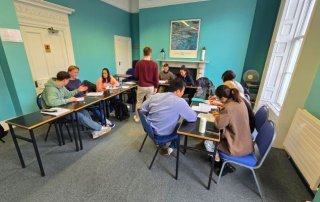Articles and useful tips connected to grammar and English language learning
Have Something Done
Have Something Done In a previous post we looked at some standard passive structures. We saw that usually in a passive structure, the person who does the action is not mentioned. In this post we will look at two causative structures. These structures are used when someone employs another person to do an action. Today, I had my hair cut. Learners often have trouble with these structures because there are a number of structures which look similar. I will begin with the two main forms, some [...]



